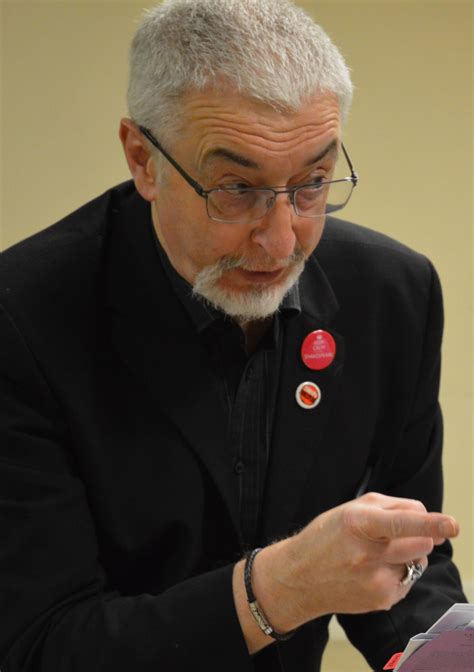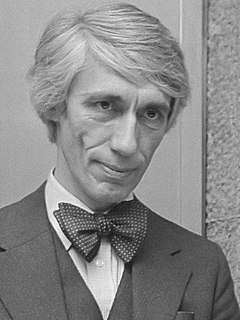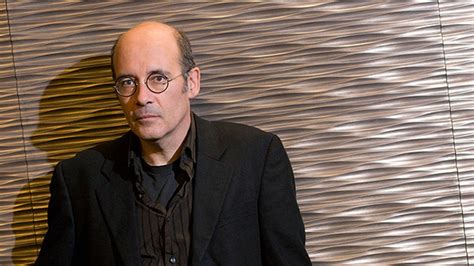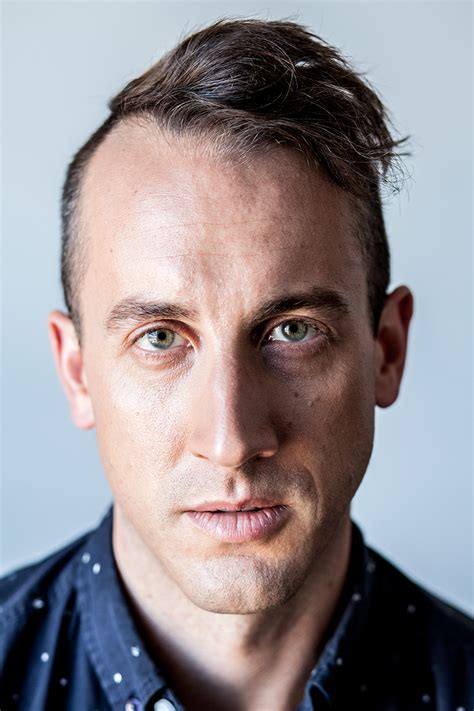A Quote by Stephen Briggs
And it’d be very hard to make up something as strange as the Dutch tulipmania in the seventeenth century, for example. Or the mysterious case of Thomas Clapper. Or the entire civic history of Seattle, Washington.
Related Quotes
This is what we've been waiting for: finally, an unprecedented critical analysis of the history of Dutch design. Mienke Simon Thomas's Dutch Design is a book to have and to read: an important and richly detailed study of the cultural, economical and social-political context of twentieth-century design in the Netherlands.
Call yourself "Colonel" and declare that your fortune was left to you by Dutch burghers from the seventeenth century. Now you're a solid citizen, the embodiment of hard work and rugged individualism. You're no criminal. The criminal is the guy who comes up short, who gets caught, who fails to adopt a respectable cover.
I was never conscious of filming except for when I was location scouting. In a way, that is the most important part of the entire process - and the most private. I'm so used to doing that alone. Unlike every other part, it's just me, alone, on location.It's very hard to describe what I'm looking for - something that feels both familiar and strange at the same time. It's not enough for it just to be strange or mysterious, it also has to feel very ordinary, very familiar, and very nondescript.
Isaac Watts, of course, is a hymn writer in the tradition of Congregationalism who lived in the seventeenth and early eighteenth century. He is very interesting and important because he was also a metaphysician. He knew a great deal about what was, for him, contemporary science. He was very much influenced by Isaac Newton, for example. There are planets and meteors and so on showing up in his hymns very often. But, again, the scale of his religious imagination corresponds to a very generously scaled scientific imagination.
How strange it would be if the final theory were to be discovered in our lifetimes! The discovery of the final laws of nature will mark a discontinuity in human intellectual history, the sharpest that has occurred since the beginning of modern science in the seventeenth century. Can we now imagine what that would be like?
Although the stories are very present in my book, and very present in my mind, what I was most interested in was the question of why it had attracted such a following in the 18th Century. It's less mysterious that it attracted a following in the Romantic period, and in the 19th Century, but the early 18th Century when the Rationalists fell in love with it...that was mysterious. What I wanted to look at was the forms of enchantment.
What are man and woman if not members of two very different and warring tribes Yet decade after decade, century after century, they attempt in marriage to reconcile and forge a union. Why I don't know. Biological imperative Divine law Or just a desire to connect to that mysterious other In any case, it's always struck me as a hopeful thing.






































